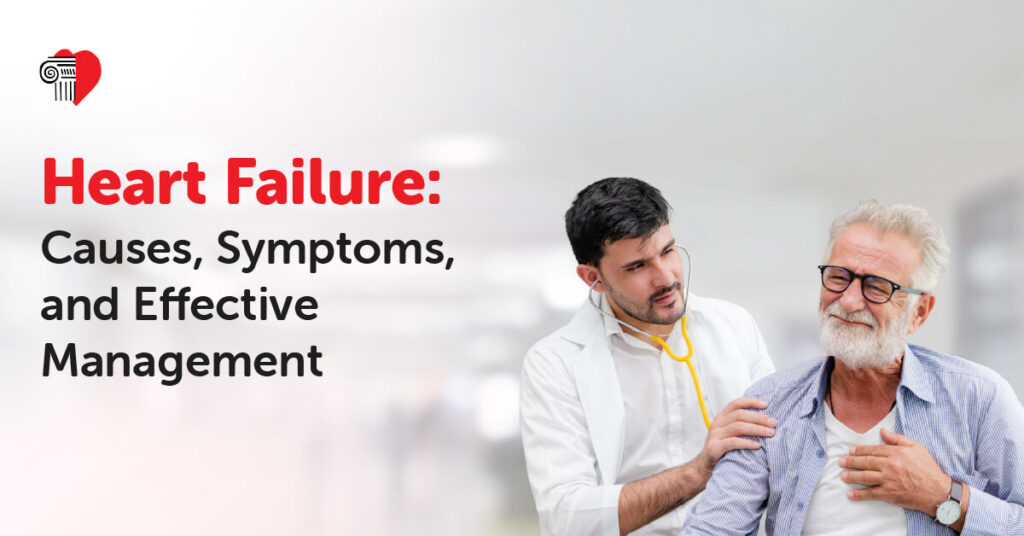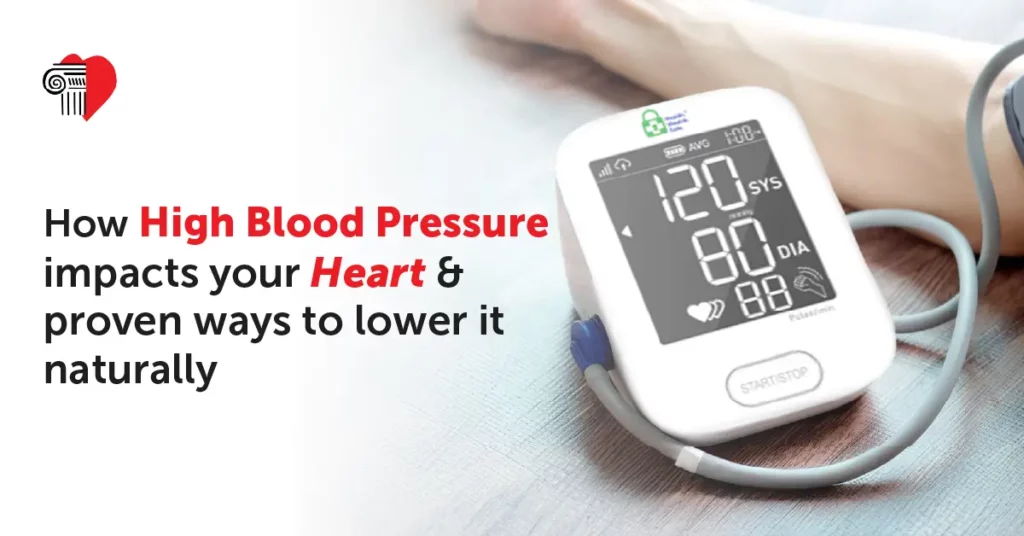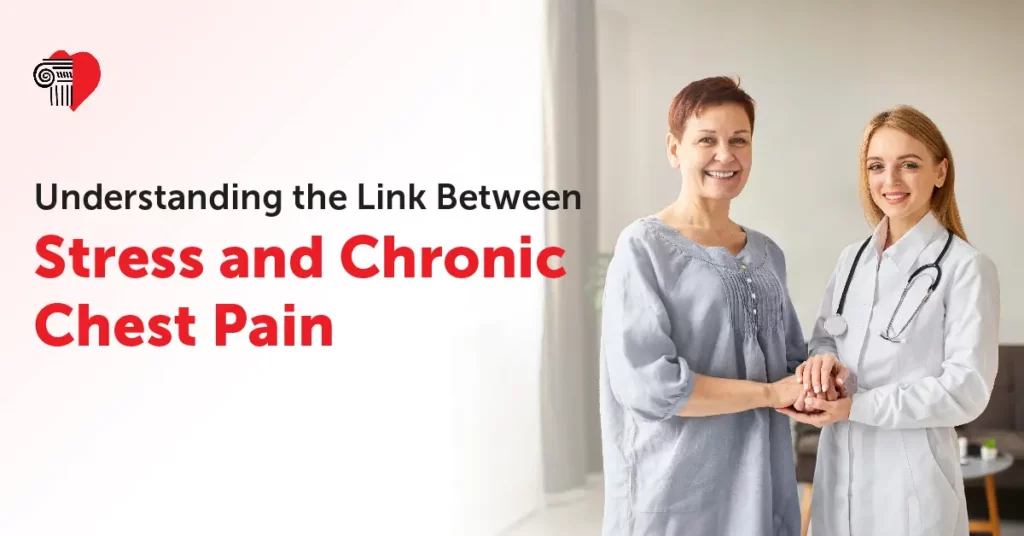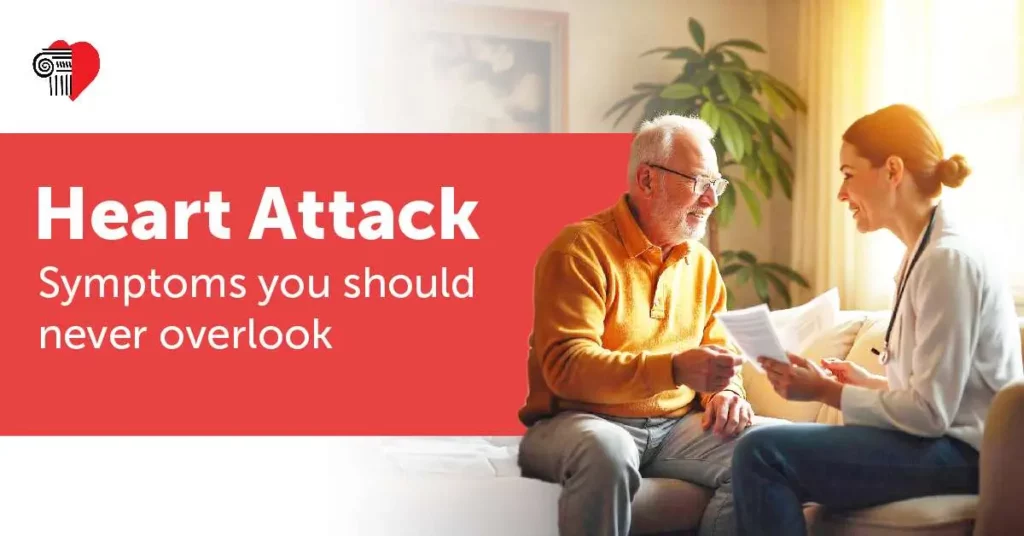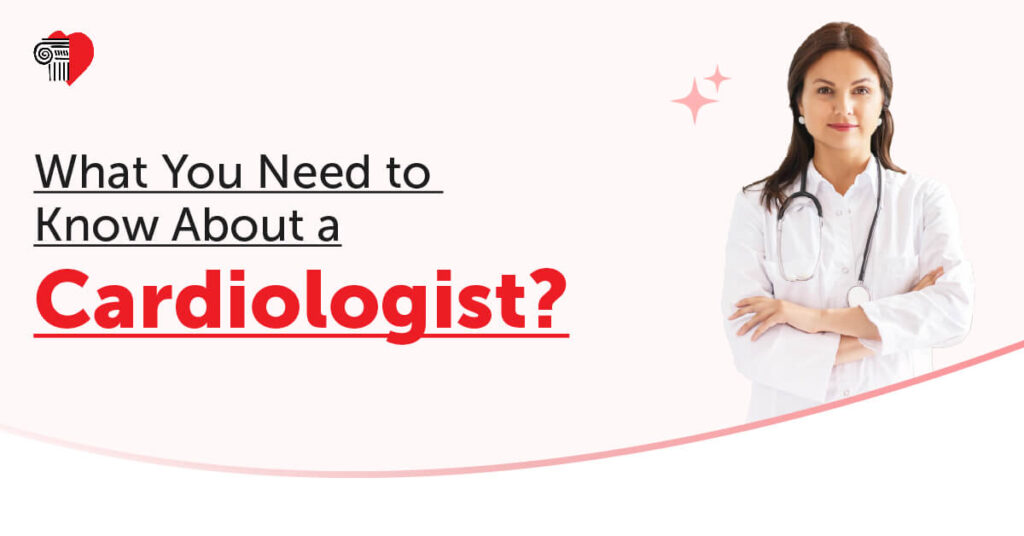Heart Failure: Causes, Symptoms, and Effective Management
A Complete Guide to Heart Failure: Causes, Symptoms and Treatment Options Millions of people worldwide suffer from heart failure, a […]
Heart Failure: Causes, Symptoms, and Effective Management Read More »
